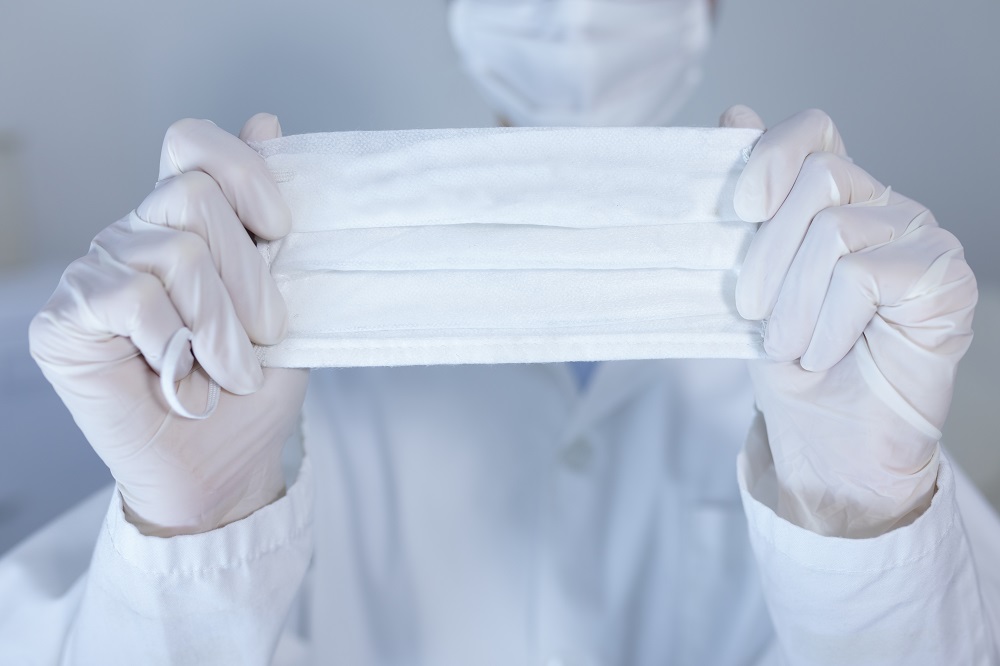
Masks prevent transmission from people who don’t know they’re sick
It takes an average of five days (but often as long as 14 days) for people infected with COVID-19 to develop symptoms. In fact, up to 18 % of people who have the virus do not show symptoms at all but can still pass it on to others, according to a BBC report. In reality, almost half of all people who developCOVID-19 are infected by people who do not have symptoms.
If these asymptomatic people wore masks— even if they felt fine— they might have prevented this spread, Pekosz says. That’s part of our critical defense against this virus,” he explains. “It’s people spreading this virus before they show symptoms who are really driving this infection.” Researchers also don’t understand why some people are symptomatic while others experience full-blown symptoms.
Wearing masks could prevent new lockdowns
At least 21 states stopped or rolled back their re-openings due to new surges in coronavirus cases, and some also made masks mandatory, hoping that they would be better late than never. In Texas, for example, Governor Greg Abbot initiated an ambitious re-opening program at the end of April, without requiring masks. But by June 25, the Lone Star State had almost 6,000 new cases a day — nearly a tenfold rise since Memorial Day.
Abbot required bars to close again, and soon after, he issued a mask mandate, saying, “One of the best ways to keep businesses open, while also slowing the spread, is to wear a face mask.”
Maryland, on the other hand, required masks in public spaces as early as 15 April. Today, less than 5 percent of statewide coronavirus tests are testing positive, Pekosz says. “You can now have a semblance of return to pre–December 2019 lives. You can’t do that when you’re testing at 15 or 20 percent positive.”











































